New sanctions against Russia are stuck in limbo, with Greece and Hungary refusing to agree. Observers say the “odd couple” are trying to delay an agreement on new sanctions against Russia.
After largely going it alone in the European Union (EU) in its unilateral opposition to sanctions against Russia, Budapest is now getting support from Athens, which shares its skepticism about the latest measures the EU wants to use against Russia.
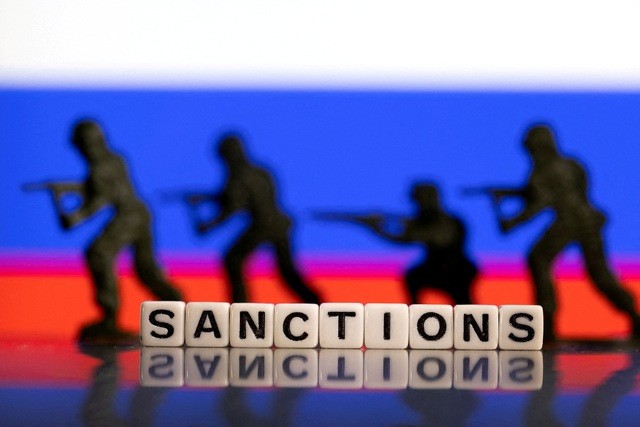 |
| 11th package of sanctions against Russia: Stuck and in limbo, besides Hungary, is there another EU country deliberately delaying? (Source: Reuters) |
The EU is currently discussing its 11th package of sanctions against Russia since Moscow launched its military campaign in Ukraine more than a year ago.
While the previous 10 sanctions packages focused on measures aimed at depleting Russian President Vladimir Putin’s coffers – believed to be used to finance the military campaign in Ukraine – Brussels now wants to strengthen the sanctions, avoiding any loopholes. So, in an unprecedented move, the 11th package could target other countries that are believed to be helping Moscow avoid EU trade sanctions.
But the latest development is that Budapest and Athens have "joined hands" to set conditions on a thorny issue involving Russia and Ukraine.
Earlier, Kiev listed a long list of private companies that it called “Sponsors of Military Conflict”, which included a number of European companies.
The Hungarian-Greek pair set a condition for some of their companies to be removed from the list before they agreed to a common European sanctions package against Russia.
These issues are supposedly unrelated, but Hungary and Greece used their agreement on the 11th package of sanctions as political leverage to get their companies off the Ukrainian list. And this was what sparked tensions at last week’s EU foreign ministers’ meeting, where German Foreign Minister Annalena Baerbock directly criticized Hungary.
At a recent meeting of EU ambassadors, Greece took the lead in leading the discussion on pushing back against sanctions-evading measures against Russia.
“Greece believes that if there is concrete evidence of sanctions violations, the member states concerned should take care at a technical level, so that this is fully investigated and then appropriate action is taken,” a diplomat said.
When it comes to Greek companies, Athens has defended them, saying that “in the cases on the shameful list drawn up by Ukraine, Greek companies have been accused of being “sponsors of military conflict”, even though they did not violate restrictive measures against Russia”.
Another EU diplomat said that while they sympathized with Greece’s position, “the question is how much damage is being done to the Greek economy?” While Athens said it was causing “significant damage,” another EU member saw no major problem – although they were still speaking independently. And ultimately, many EU members still want to move forward with the 11th package of sanctions.”
EU top diplomat Josep Borrell said he would seek solutions to resolve disagreements over Ukraine's list.
Meanwhile, another EU diplomat revealed that if Hungary and Greece refuse to agree on anything before their companies are removed from the list, the 11th package of sanctions against Russia cannot make new progress.
But EU diplomats say they now have different views of Athens and Budapest. The level of frustration with Budapest is much higher than Athens, as its pro-Russian and pro-Chinese stance often prevents the EU from reaching consensus on statements on Moscow or Beijing. It is also currently blocking the approval of the eighth tranche of EU funds for Ukraine, to fulfill a military aid commitment.
So far, the updated version of the 11th package of sanctions against Russia that has just been sent to EU envoys does not include major changes. The draft tweaks some technical language regarding the release of frozen assets and clarifies that Kazakhstan’s oil can still be sent via the Druzhba pipeline to Europe.
The latest draft sanctions package adds more than 50 Russian companies to which EU authorities are prohibited from transferring dual-use goods and technology.
At both of the most recent meetings, Germany and other members again weighed naming and accusing other countries, fearing it would damage diplomatic relations or expose other countries to suspicion of facilitating sanctions on Russian or Chinese weapons.
It is not yet clear when EU envoys will resume discussions on the 11th package of sanctions – it could be some time before diplomats make real progress.
There are still many issues that prevent much progress on the sanctions package against Russia. However, some EU diplomats are eager to speed up the process, to avoid confusing the EU.
Source


![[Photo] Feast your eyes on images of parades and marching groups seen from above](https://vstatic.vietnam.vn/vietnam/resource/IMAGE/2025/4/30/3525302266124e69819126aa93c41092)



![[Photo] Fireworks light up the sky of Ho Chi Minh City 50 years after Liberation Day](https://vstatic.vietnam.vn/vietnam/resource/IMAGE/2025/4/30/8efd6e5cb4e147b4897305b65eb00c6f)


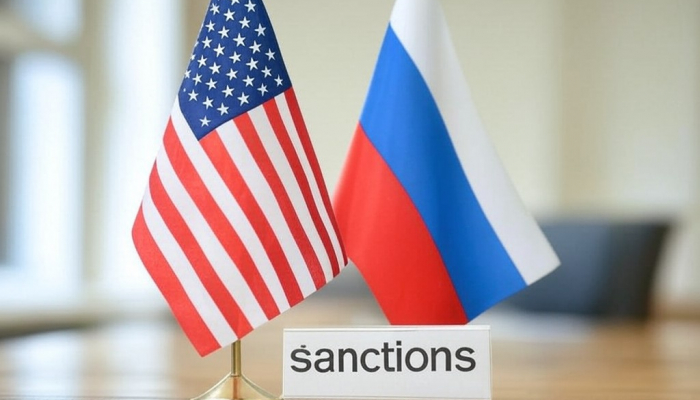

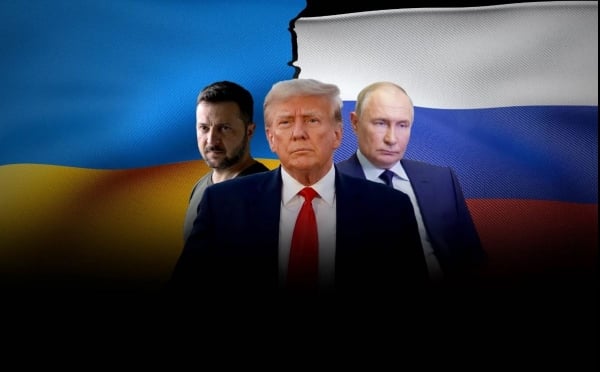
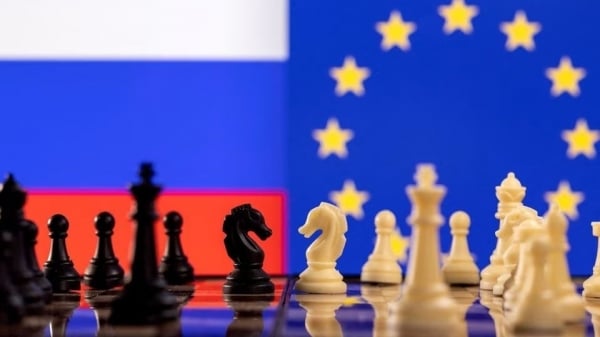
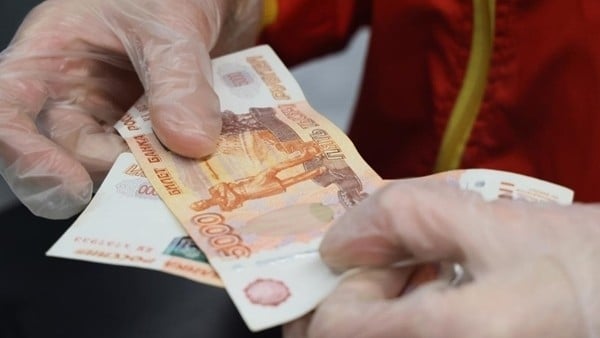
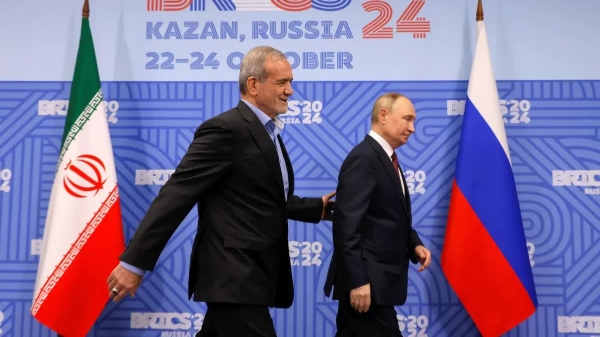
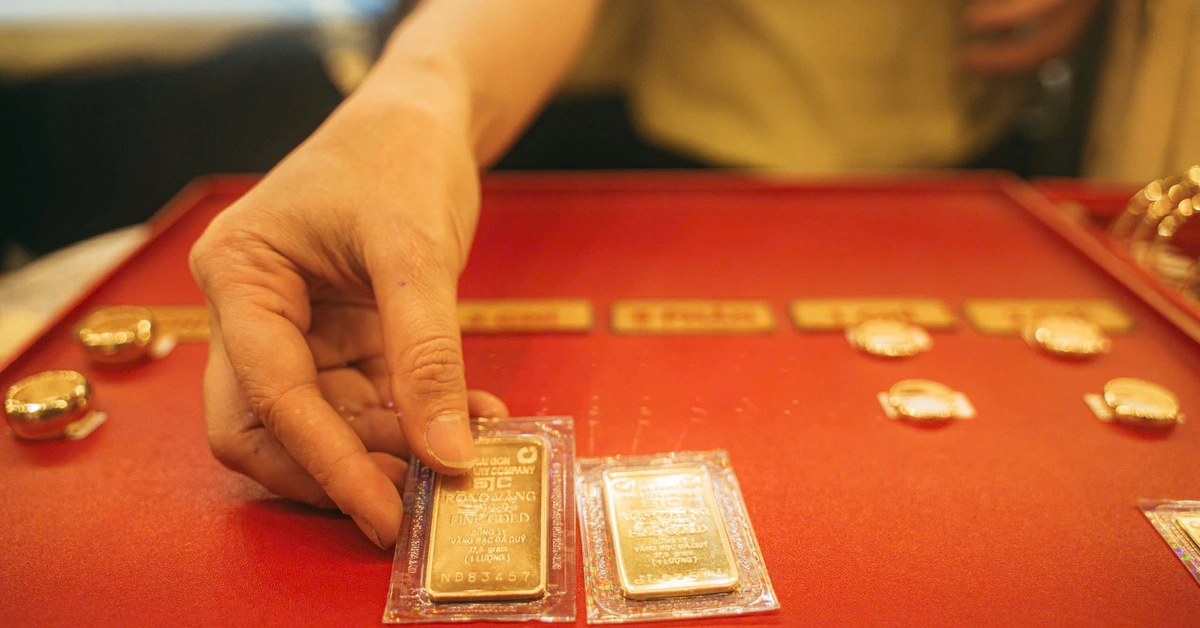

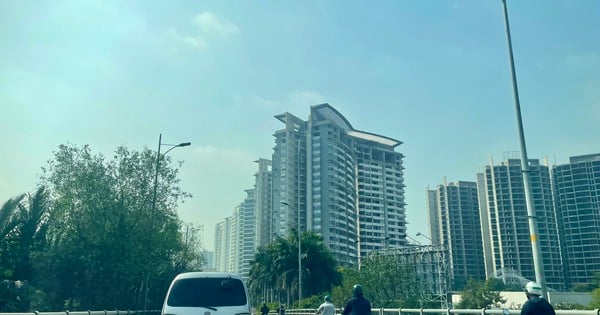

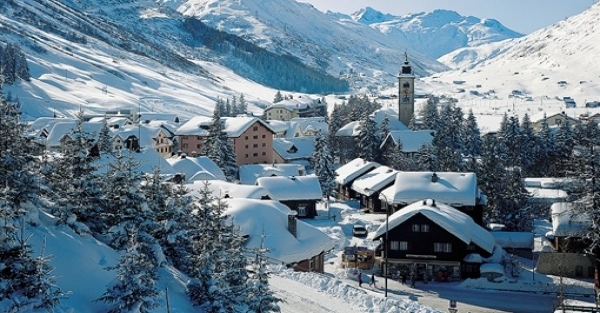




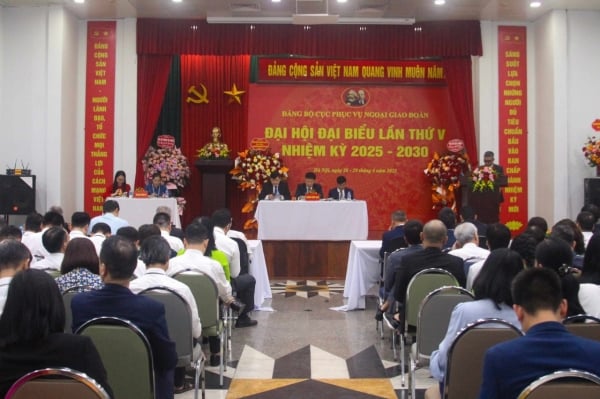
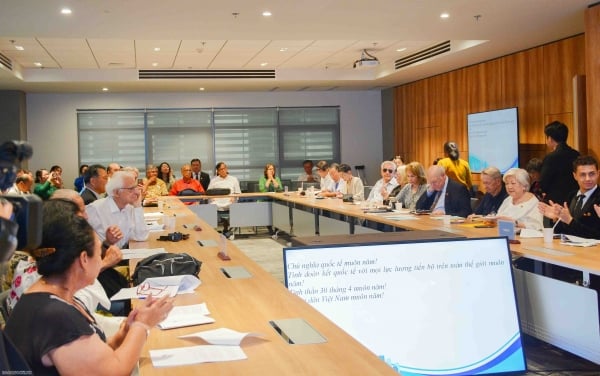

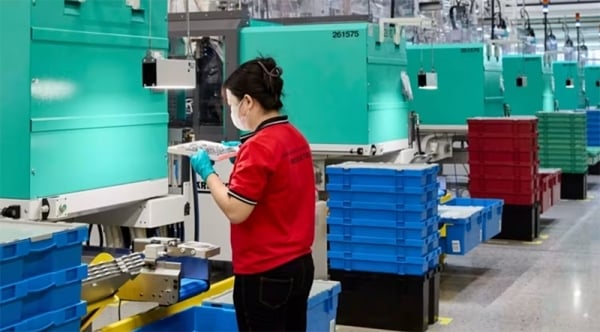
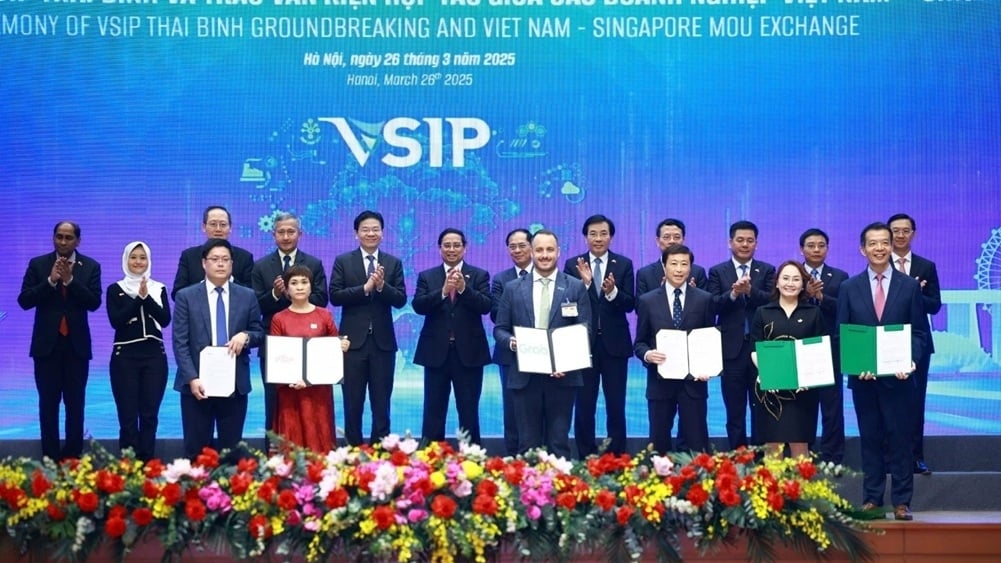
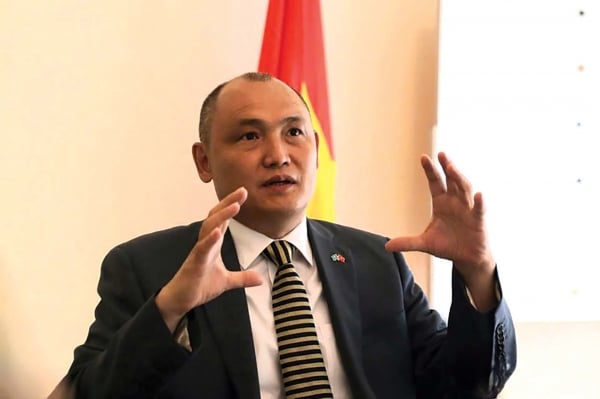
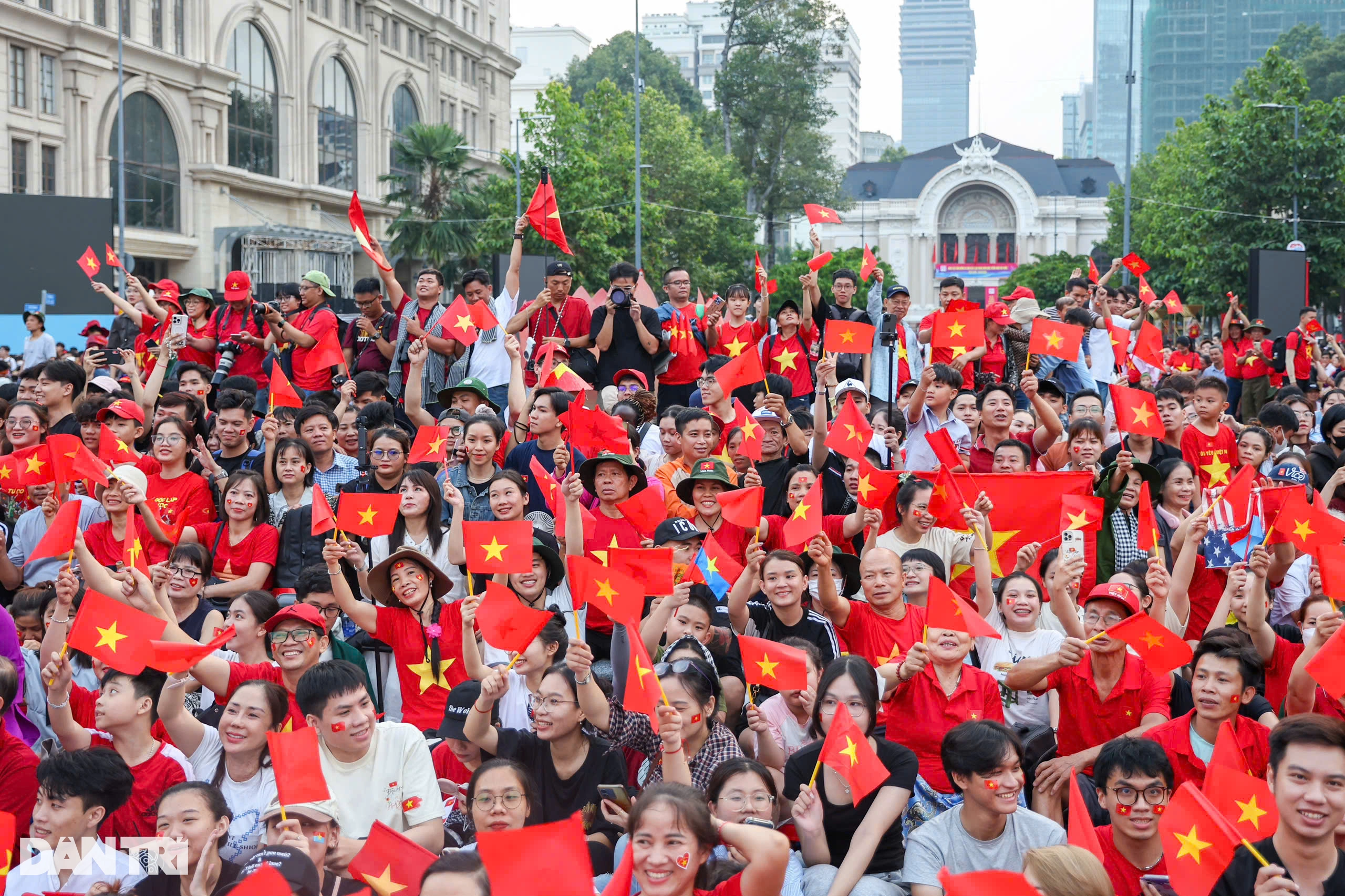




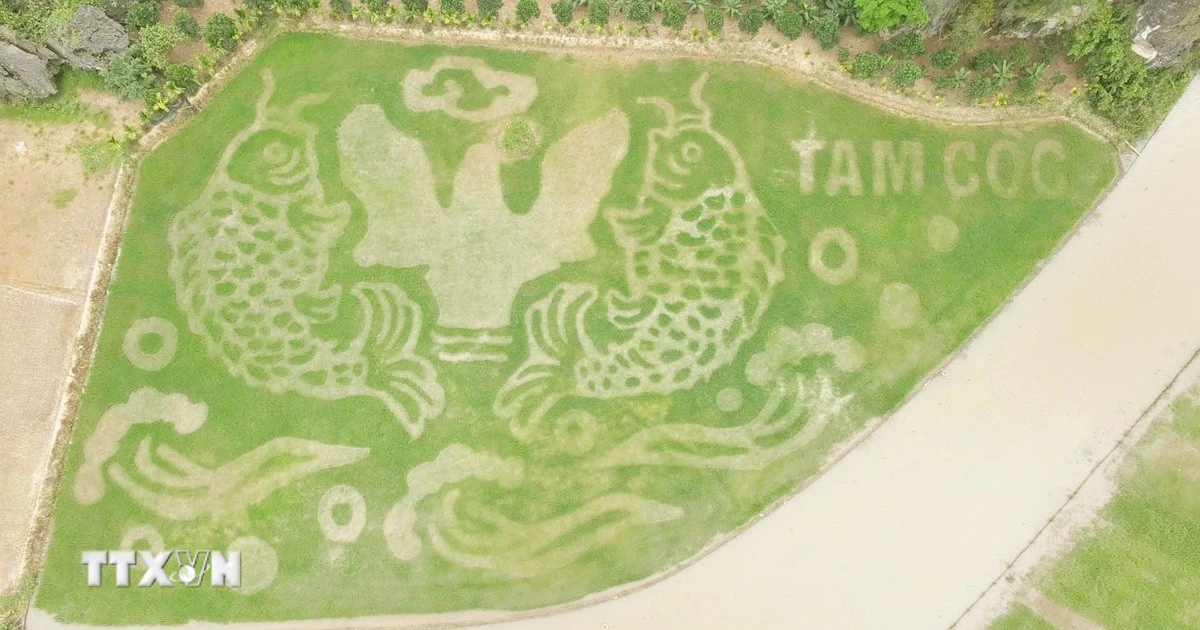



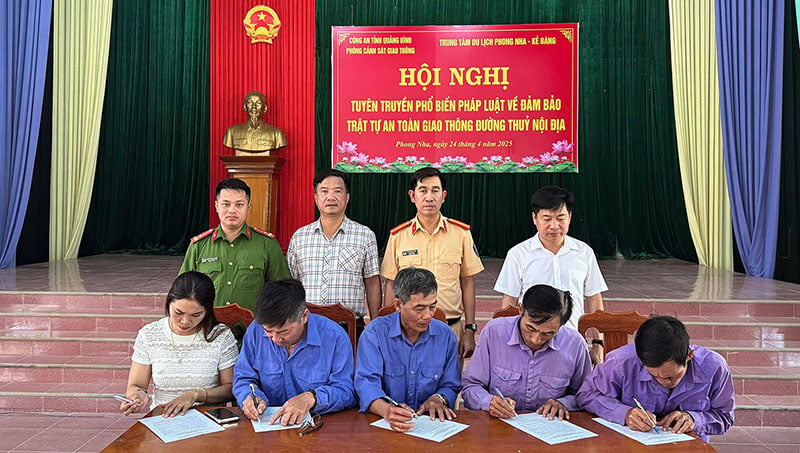










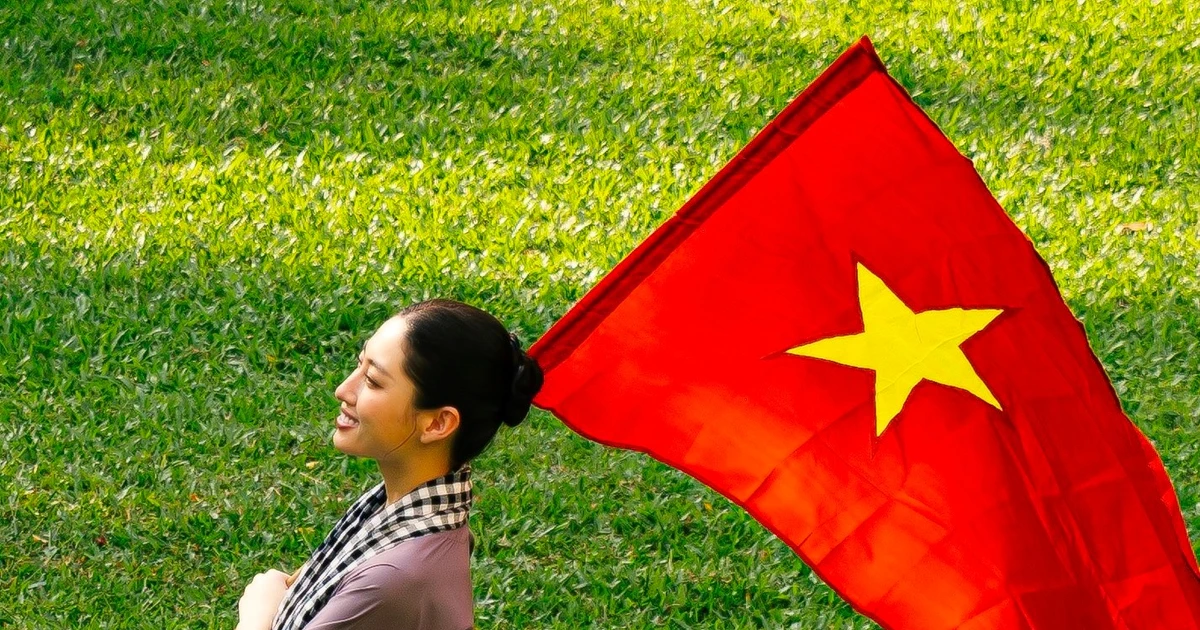











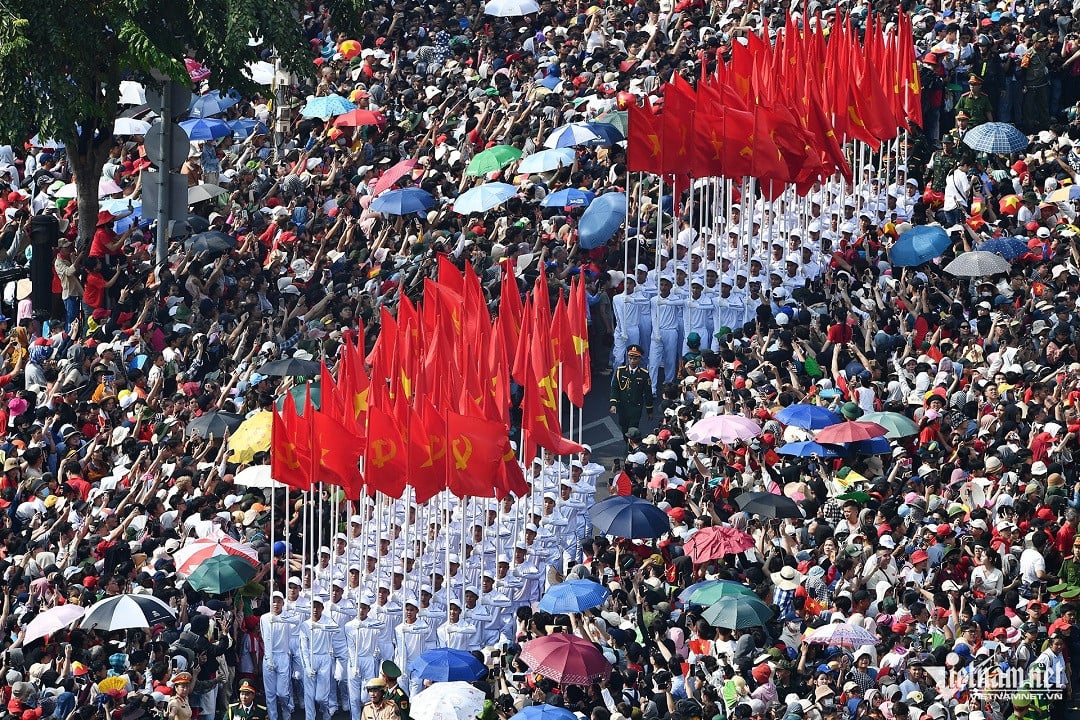

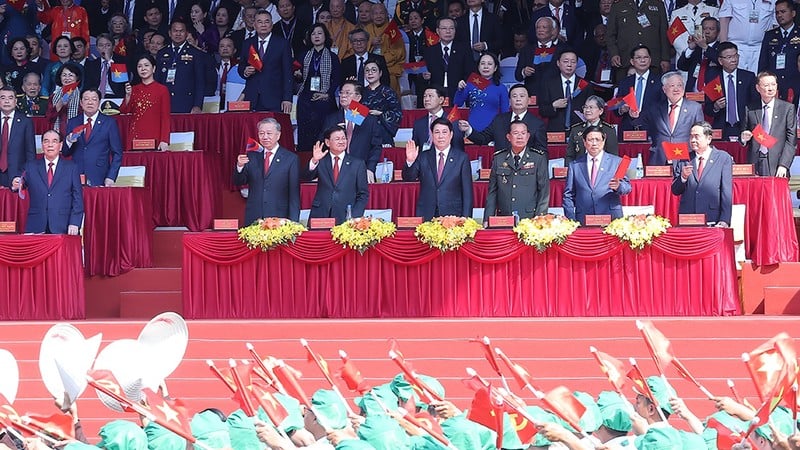


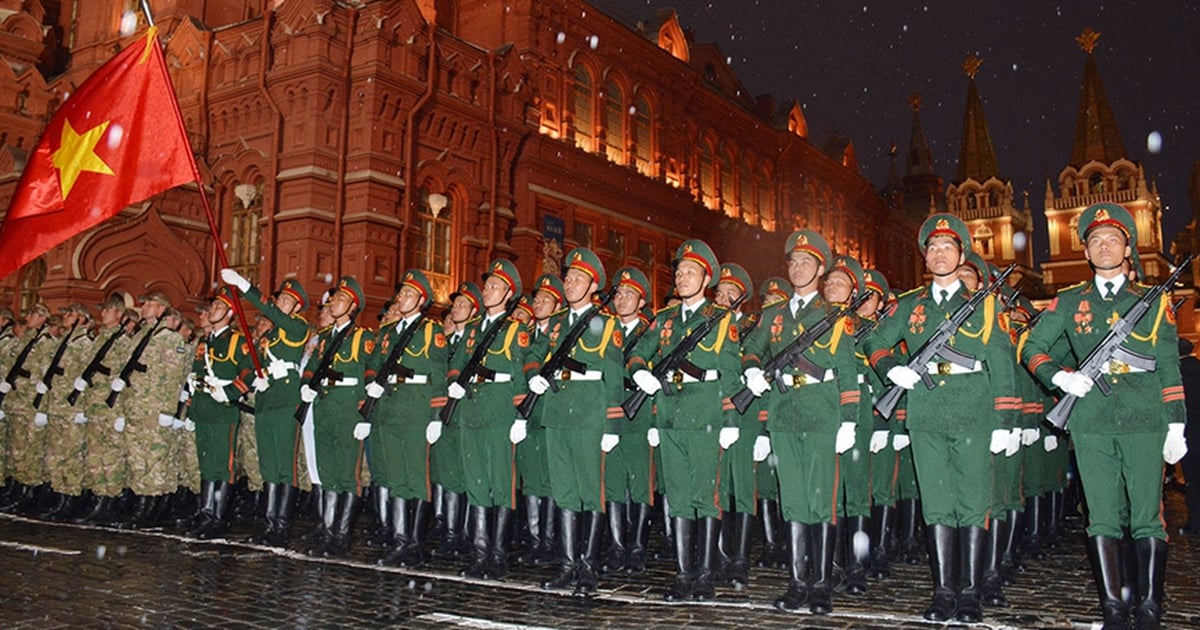














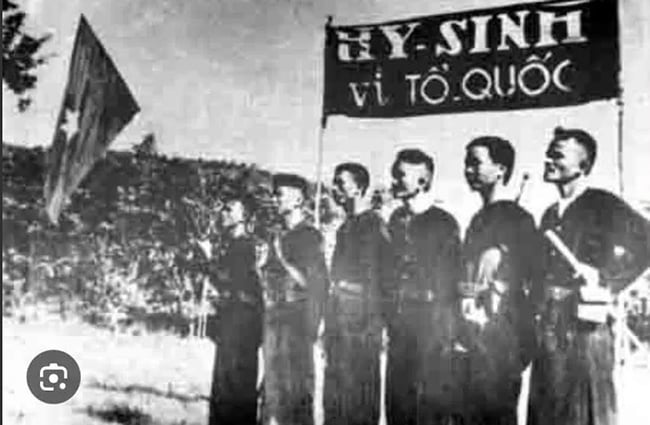
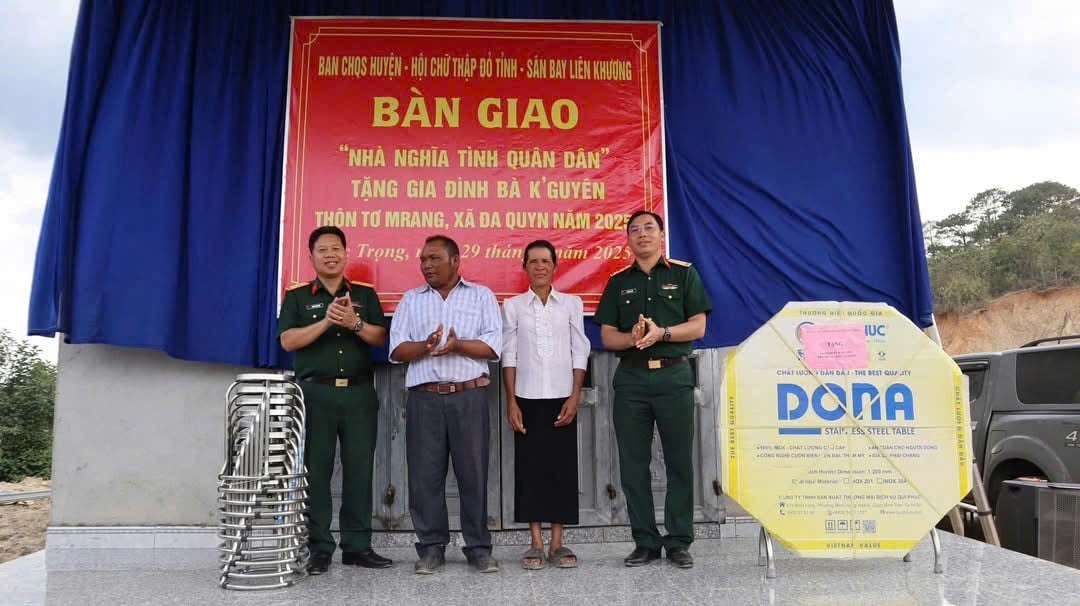

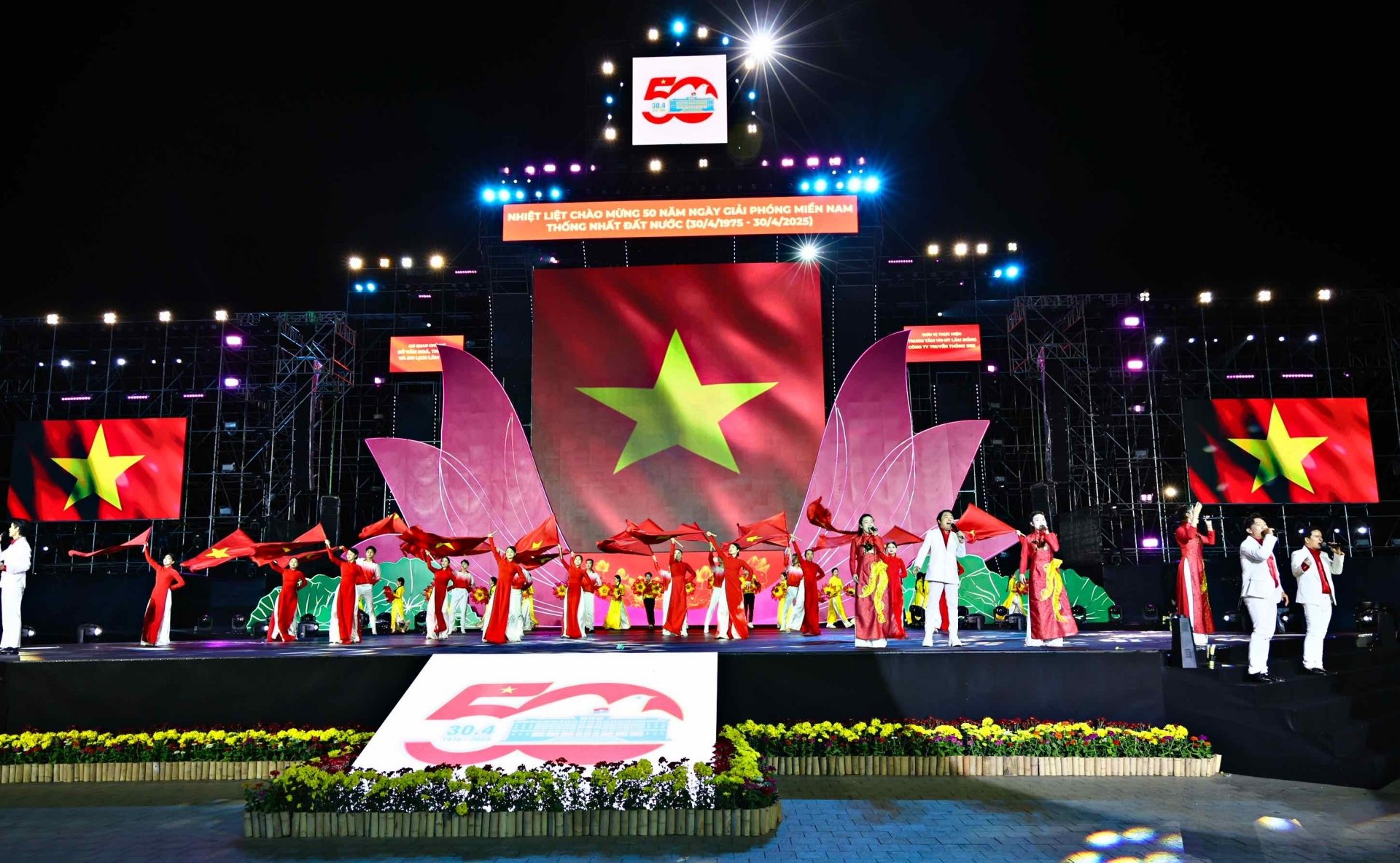











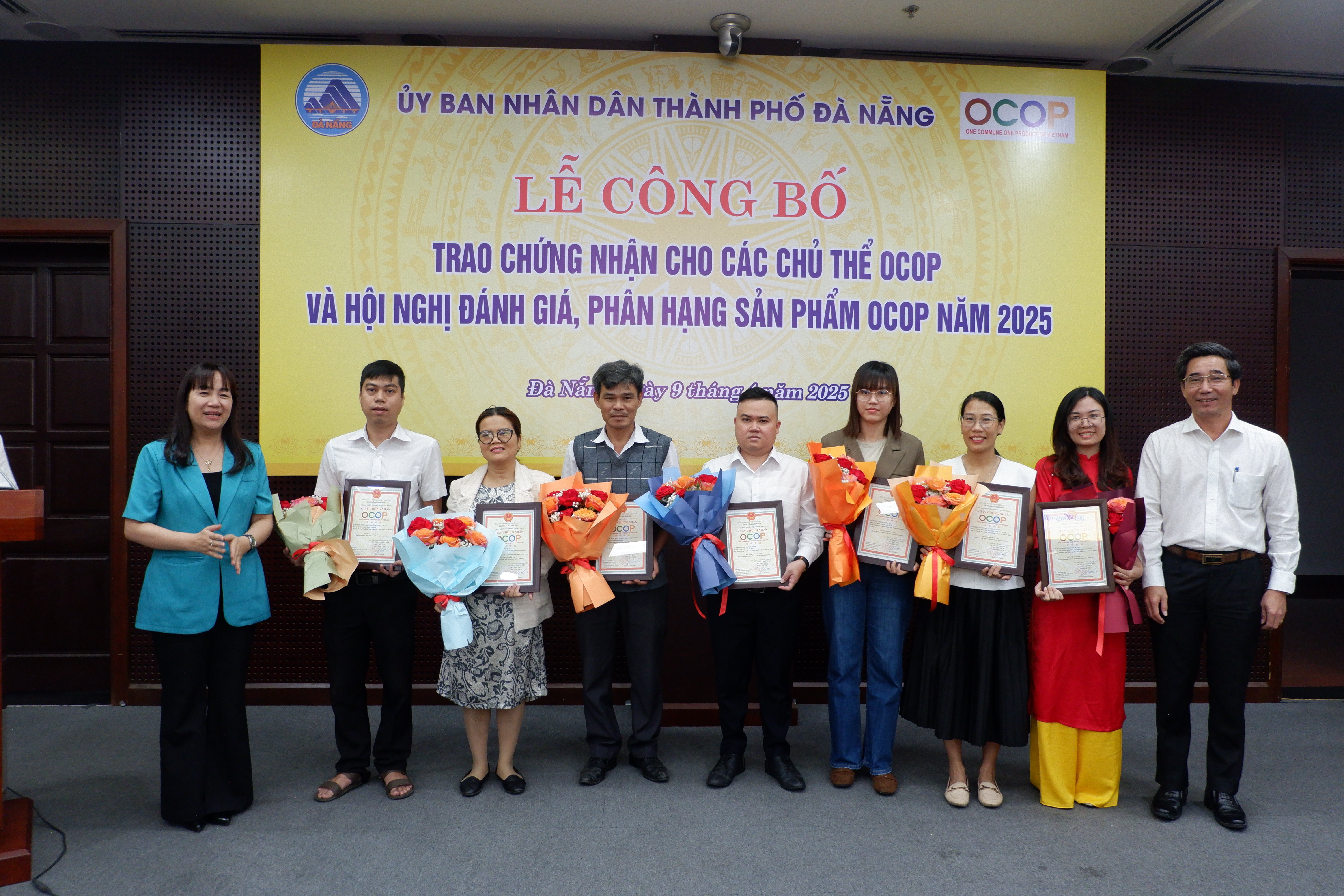

Comment (0)